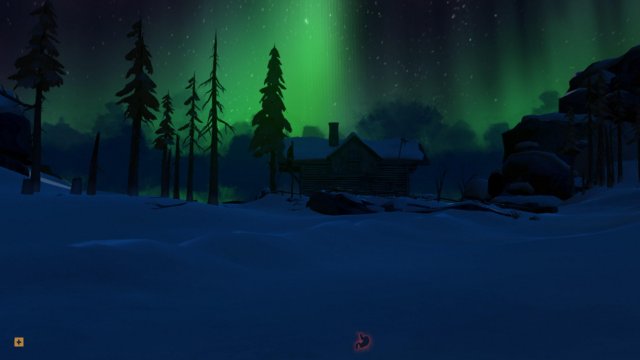
One guy who did grunt work in Antarctica later wrote a book about the experience called Big Dead Place. They're stuff like snow shoveler, general handyman, pot washer, IT support, and maintenance person. Most of the jobs available aren't glamorous science positions or helicopter piloting. This brings us to the crux of the issue with working in Antarctica. Sure, that's not a problem if your job description is "super genius scientist working on a very important project that will change the world." But, if it's "dude who takes out the super genius scientist's trash" then it's probably not quite so great. Many contracts specify ten-hour days with unpaid overtime, six days a week, and some are even heavier schedules than that. Mostly that's to head off everyone going loco from boredom, but it still means that your time on base won't really be "your" time at all.

Working hours in Antarctica can be long and tough. As few as 11 people might be living with you, which could either mean nine months of blossoming friendship and/or hanky panky, or nine months of weeping with boredom and all getting the flu at the same time. While some bases at least have gyms and saunas, others - such as France and Italy's Concordia Station - are so tiny there's nothing there. Once winter sets in, things get even worse.
Once you've gotten bored of thinking "dude, I'm in Antarctica!" your most realistic avenues for entertainment are watching DVDs, playing video games, and getting drunk. The area immediately around McMurdo Station looks like a Soviet mining town, while the Amundsen-Scott station is in the middle of an endless sea of white. The outsides, too, are equally featureless. That means all parts of them pretty much look the same.

The trouble is that research stations are designed for efficiency and science, not frat parties and jumping club nights.


 0 kommentar(er)
0 kommentar(er)
